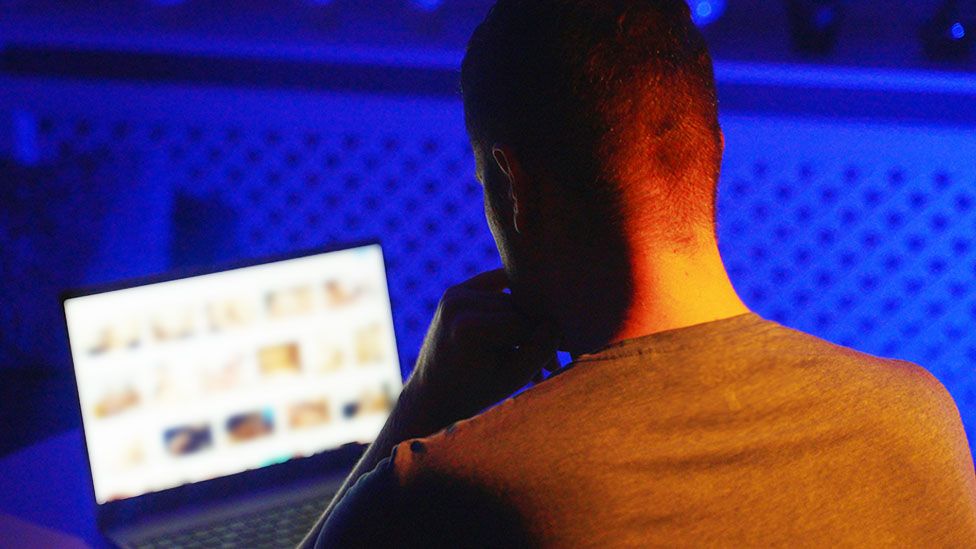Pornography review to canvass public’s view on issue

The public, adult performers and law enforcement are being invited to answer a questionnaire on the impact of pornography.
It will be used in a review of the industry that will make recommendations to government.
Questions will include the effect of porn on relationships, mental health and attitudes towards women and girls.
But a trade association for the adult industry has said it seemed a “pretext for greater censorship”.
The review will also look at how AI and virtual reality are changing how pornography is made and consumed.
There is concern about the ability of AI to generate child abuse images, and non-consensual pornographic images.
In December the government announced that Conservative peer Baroness Bertin, who used to work at 10 Downing Street, would lead an “independent” pornography review.
The study would examine abuse, exploitation and trafficking in the pornography industry, its impact on viewers, and ways to bolster law enforcement to help tackle illegal pornographic content.

Measures to stop children accessing pornography online by requiring services to establish the age of their users, including through age verification and age estimation tools, are already included in the new Online Safety Act.
But Baroness Bertin said the review would help “future proof the law” as technology evolved.
“Extreme pornography can have a damaging impact – we owe it to our children and indeed to the whole of society to put the guard rails back in place,” she said.
“Legal, ethical industry”
The Free Speech Coalition, a trade association for the adult industry, said it hoped the government was “honest in its invitation to involve the adult industry in this discussion”.
“Despite the sometimes fevered headlines and political speeches, we are a legal, ethical industry with families ourselves, one that prioritises consent and safety, and wants to keep minors from accessing our content as much as others do,” a spokesperson said.
The organisation told the BBC it was “wary” of the review which it said “frames sexual expression as a threat and a societal harm”.
It said while the review seemed a pretext for censorship, it would “proceed in good faith and help work to dispel myths and find workable solutions”.
Myles Jackman an obscenity lawyer, academic, and activist said it was disappointing that “the review is framed in such presumptive and negative terms; rather than focusing on children’s sexual relationship educational needs”.
The questionnaire follows the release of figures showing a rise in sexual offenses committed by children, which Police blamed on a combination of mobile phone ownership and the availability of hardcore pornography.
Rick Muir from the Police Foundation think tank welcomed the review: “Anything that can be done to tackle harmful sexual behaviours is positive and from a policing point of view should in the long term help to reduce crime.”
Game changer
But Professor Sonia Livingstone of the LSE queried the lack of emphasis on academic research and said the review should look at the evidence researchers had already collated: “I hope they read it”, she told the BBC.
She added that the Online Safety Act “should be a game changer in keeping children safe online in the UK. It’s not clear what is being proposed here that’s new”.
It would also be important to look at business models that lead pornography firms to use algorithms that pushed ever more extreme content, including to those who may be particularly vulnerable, Prof Livingstone argued.
The review is expected to report back later in 2024.
Related Topics
-
-
27 November 2023

-



